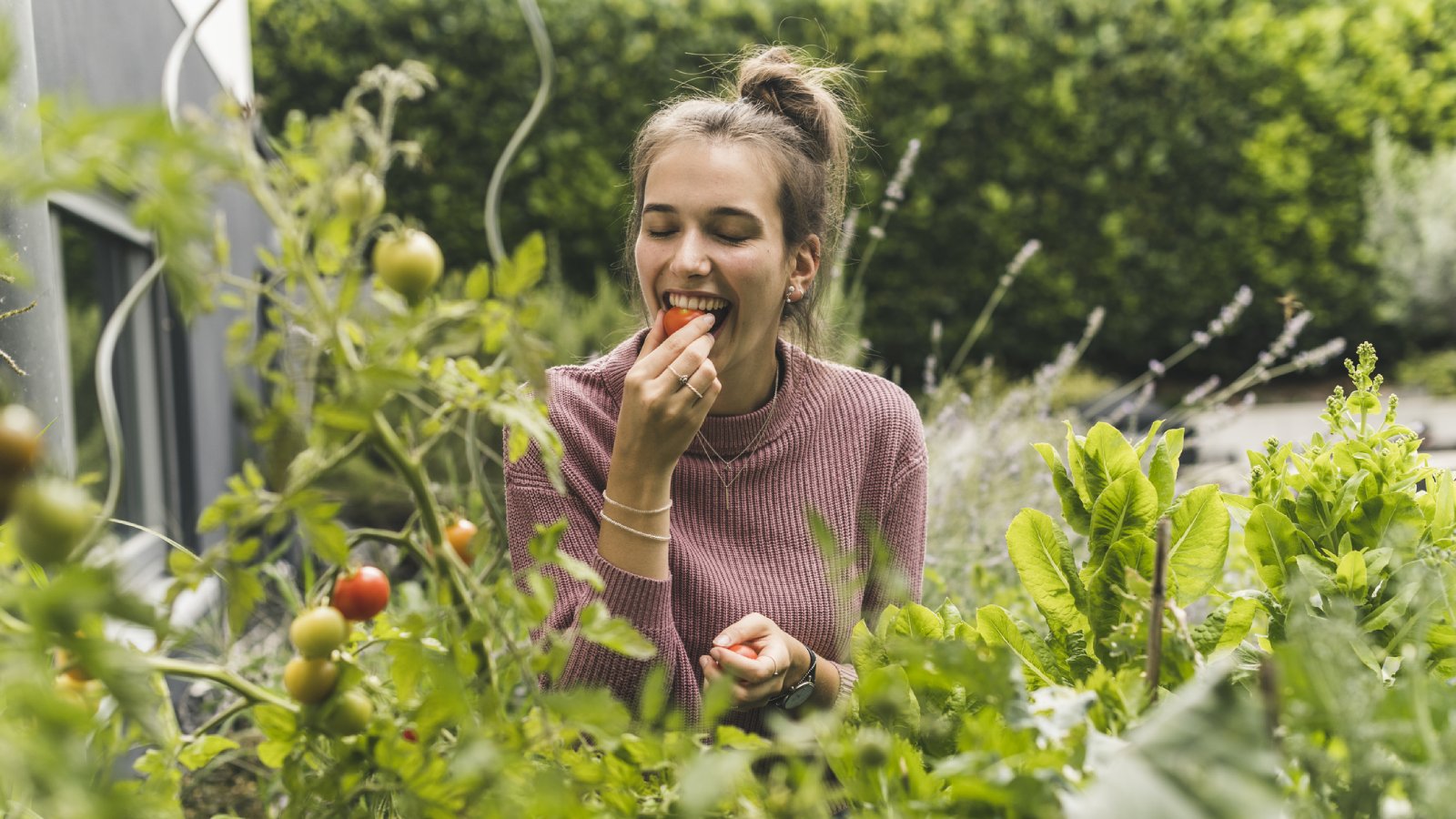
Every gardener, whether hobbyist or professional, probably knows about the health benefits of gardening. It just makes you feel incredible – alive and in tune with everything. Or at least that’s my feeling, but the reality is that gardening and health benefits do go hand in hand. Why is gardening good for you?
Well beyond the nutrient-rich homegrown fruits and veggies you get to eat, gardening is physically challenging and mentally fulfilling. Want to learn more? Keep reading to learn about gardening's health benefits.
Why Gardening Is So Good For You
One would assume that gardeners who grow their own fruits and vegetables eat more healthfully than their counterparts. There is also a physical reward in gardening. Think of all the crouching, stretching, tugging, hauling, and digging you do as a gardener. Gardening is like a yoga class and HIIT (high-intensity interval training) all in one!
Until quite recently, no one’s done much in the way of studying if and how gardening can benefit a person. That is until a study funded by the American Cancer Society found that those who garden eat more fiber and get more physical activity than those who do not garden. Both of these benefits have been shown to reduce the risk of chronic diseases and cancer. But they aren’t the only benefits of gardening.
Health Benefits Of Gardening
Gardening is good for your body, but what are its other benefits? Turns out it's good for your mental health as well.
For Your Body
Growing your own food is a labor of love returned tenfold with an increase in your physical health. Gardeners tend to eat more fruits and veggies than those who don’t garden, and those who garden organically enjoy produce without pesticides and other chemicals.
As already mentioned, gardening is like going to the gym. There are no armchair gardeners. Many diehards are out there at the crack of dawn until sunset, moving constantly.
Sign up for the Gardening Know How newsletter today and receive a free copy of our e-book "How to Grow Delicious Tomatoes".
The CDC recommends getting 150 minutes of moderate-intensity activity per week; gardening is considered moderate-intensity.
Gardening not only gets you out into the fresh air but gives the body a good dose of vitamin D, important for bone, muscle, and immunity health.
For Your Mind
Community or senior gardening eases loneliness which can lead to depression and other mental issues. Gardening also has a calming effect which reduces stress and decreases anxiety in every age group.
Scientists have shown that some bacteria in the soil can boost serotonin levels (the “feel good” hormone), effectively improving your mood. Physical activity in the garden also releases endorphins and reduces cortisol.
For Kids
Gardening is a great teaching tool, showing kids how food is grown, the life cycles of insects, nutrition education, and much more. Gardening with your children can help to build a bond with them. Also, early exposure to dirt has been shown to reduce allergies, the incidence of autoimmune diseases, and other potential issues.
For Older Adults
Gardening has been shown to help reduce the risk of dementia by as much as 50%. It promotes focusing on different tasks like problem-solving, decision-making, and planning which stimulate the brain, boosting cognitive function.
It is also a way for older adults to interact with others, eliciting fellowship and stimulating their cognitive function which can decrease depression and loneliness.
Gardening can also improve physical strength, including hand strength, something that tends to falter as we age.

Amy Grant has been gardening for 30 years and writing for 15. A professional chef and caterer, Amy's area of expertise is culinary gardening.
